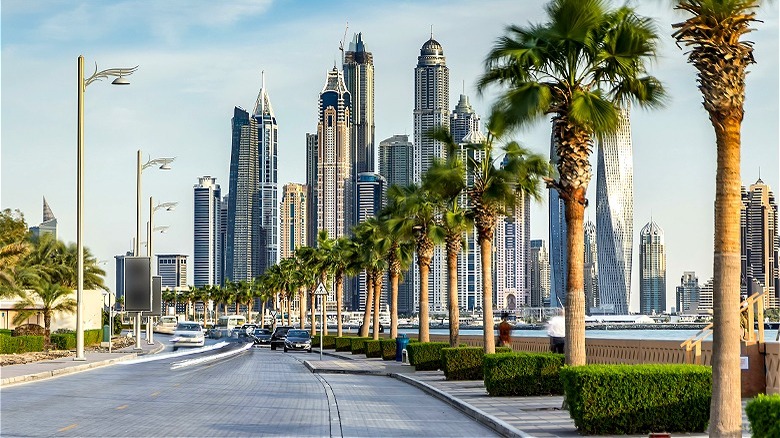The Real Reason Britain Is Losing So Many Millionaires
It's 10 p.m., do you know where your millionaires are? The United Kingdom is facing a curious problem today: Many of its millionaires are going missing, as the Henley Private Wealth Migration Report for 2024 projects a loss of up to 9,500 British millionaires for the year, up 55.7% from 2023 (4,200). According to the data report, Britain is among the global leaders in this millionaire trend, second only to China, which is projected to lose 15,200 high-net-worth individuals of its own in 2024. (Speaking of which, does investing in China work the same as in the U.S.?)
While this sounds like a mystery worthy of one of Agatha Christie's great detectives, the case of Britain's missing moneybags doesn't involve foul play, unless you count killing it at landholding and real estate development. Rather, Britain's missing millionaires, all 16,500 and counting, have fled Perfidious Albion for fairer shores full of tax havens — far from the long arms of the Labour Party and its proposals to more appropriately tax the filthy rich by ending so-called "non-dom" rules.
"People are jumping on planes right now and leaving," Nimesh Shah, the chief executive of accountancy firm Blick Rothenberg, warned The Guardian in April 2024, further urging, "I am not being dramatic, they are leaving right now."
The non-dom tax drama
One factor driving Britain's millionaires out is a shift in tax status. "Non-doms" or "non-domiciled residents" are UK residents with a permanent home outside the UK, who are required to pay taxes on earnings they make in the United Kingdom, but not on income they earn outside of Britain, unless they transfer that money into domestic accounts. One well-known example of a former "non-dom" is Akshata Murty, a billionaire businesswoman and former Prime Minister Rishi Sunak's wife.
Originally introduced in 1799 to cut taxes for British owners of foreign property living in other colonies, ending non-dom tax status has long been called for by members of Britain's Labour Party, who have pushed to use tax monies generated by ending the policy to address budget deficits and fund public services. However, it was actually the Conservative Party's Jeremy Hunt who cut the breaks in spring 2024, back when he was Chancellor of the Exchequer. He vowed that the taxes recouped from ending the regime would aid in tax breaks for average UK workers.
In the July 2024 election, the Labour Party ousted the Conservatives for the first time in 14 years, and continued to press the non-dom issue. As a result, thousands of UK millionaires are projected to bid cheerio to Britain. (On that note, here are some of the everyday habits of the world's wealthiest people.)
Brexit and beyond
If shifting the tax status of non-doms accounts for some of Britain's recent wealth migration, what accounts for the rest? Henley & Partners' report notes Britain's 8% drop in millionaires (and high-net worth individuals) over the last 10 years, compared to rising percentages elsewhere. As journalist Misha Glenny observed in the company's press release on the report, the latest figures "confirm a broader economic pattern across the globe: the growth of Asia and the relative decline of Europe."
Brexit may have a little something to do with that. Britain's withdrawal from the European Union has shockingly not strengthened its reputation as one of the friendliest havens for the super-rich. Nor has Brexit and its ripple effects done anything to tamp insecurity, and uncertainty, surrounding the United Kingdom's economy. Brexit's slow drag doesn't seem to have impressed UK's millionaires, homegrown or otherwise.
So where might British millionaires be heading to instead? According to Henley & Partners, the United Arab Emirates is the globe's leading "millionaire magnet." Also quoted in the press release, New World Wealth researcher Andrew Amoils said, "Migrating millionaires are a vital source of forex revenue as they tend to bring their money with them when they move to a country," adding, "Around 20% of them are entrepreneurs and company founders who may start new businesses and therefore create local jobs in their new country." At least someone seems excited about making Britain's loss the world's gain.


